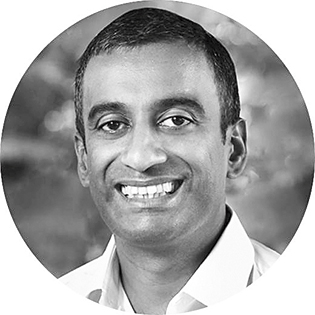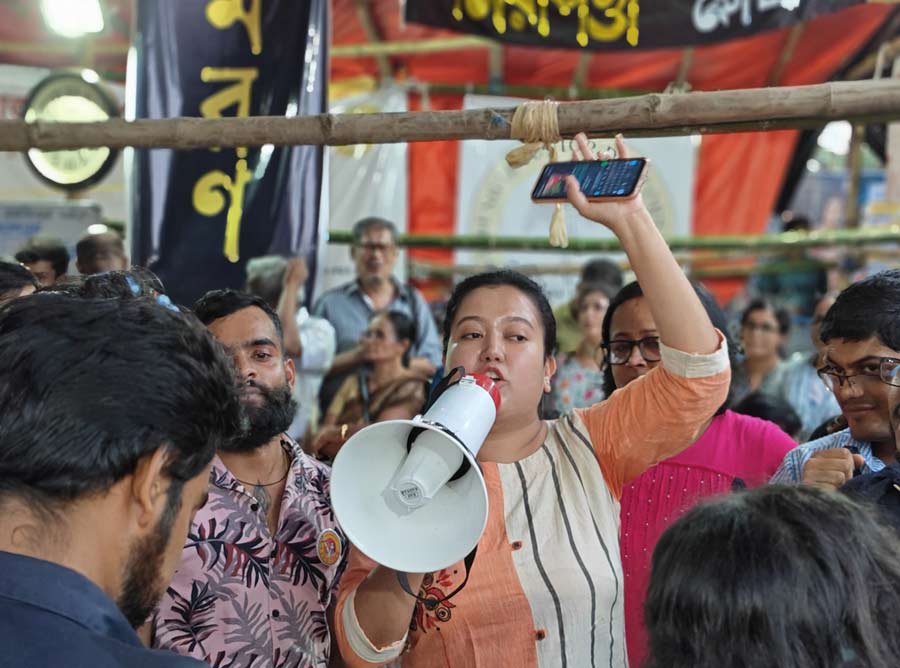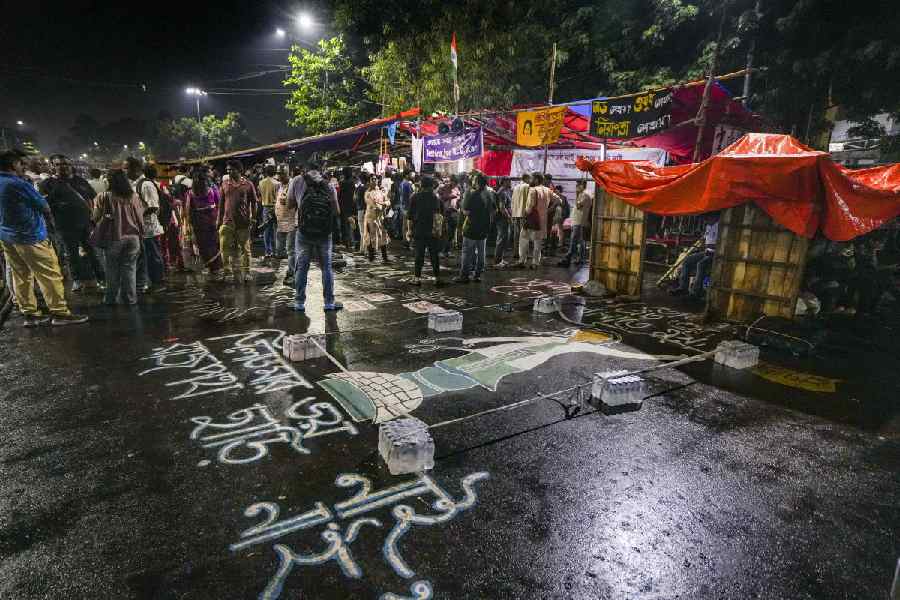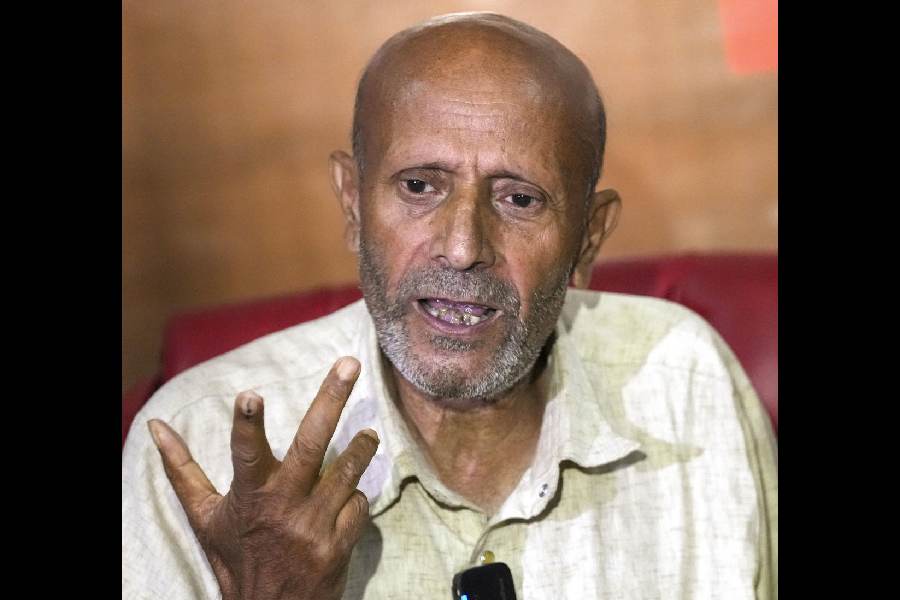It’s an exciting prospect,” says Sudhir Krishnaswamy after a day filled with videoconferences. The vice-chancellor of the National Law School of India University has been appointed to the newly created oversight board — comprising independent members from around the world — that will make binding decisions on what content Facebook and Instagram (which Facebook owns) should allow or remove, based on respect for freedom of expression and human rights.
It’s an important milestone for the Menlo Park-HQed company, which under its wing has several powerful tools. The company’s CEO has said: “In 2018, I outlined the idea for an independent oversight board. Since then, we’ve consulted with thousands of academics, NGOs and other experts around the world. We’ve released a charter that outlines our commitment to grounding the board in a set of values — authenticity, safety, privacy, dignity and above all, freedom of expression — guided by international human rights standards. The result is an independent body — made up of people with a diverse set of backgrounds and professional experiences that will advocate for our community and make binding decisions about the content on our platforms.” The company has announced a group of 20 members, including four co-chairs who helped select the others. More members will join in over time.

Members on the oversight board Co-chairs: Catalina Botero-Marino, Jamal Greene, Michael McConnell, Helle Thorning-Schmidt Other members (so far): Afia Asantewaa Asare-Kyei, Evelyn Aswad, Endy Bayuni, Katherine Chen, Nighat Dad, Pamela Karlan, Tawakkol Karman, Maina Kiai, Sudhir Krishnaswamy, Ronaldo Lemos, Julie Owono, Emi Palmor, Alan Rusbridger, Andras Sajo, John Samples and Nicolas Suzor Sourced by the Telegraph
How would the oversight board prioritise cases? Will the global characteristic of the board be helpful? Here’s what Sudhir Krishnaswamy told The Telegraph over the phone.
When were you approached to be on the independent oversight board?
Something like three to four months ago; it’s roughly in that zone. But the process has been going on for much longer and talks were on with several people.
What kind of issues do you think would come up before the board?
Most Internet platform companies run moderation processes and one layer of moderation is technological, some sort of code which controls content and then there is another layer of moderation, which involves humans. Both these processes are already there with Facebook and Instagram. In that process, there are some categories of content that are controversial and those are already known, like nudity and pornography, hate speech, online abuse and so on. What you can expect is more such content coming up before the board in the future.
The oversight board has members from around the world. Does the global nature and composition of the board make it perfect for dealing with cases?
I don’t think anything can be perfect. Some content will surface because of local context; there are cultural nuances and that may make some content controversial. The principles governing the way we work will remain constant. The real challenge is applying certain norms to the cases in hand. Through careful calibration, we will look at issues like hate speech and what kind of limitations should be put. This is what the board will be doing. Yes, the structure of the board is suited to such deliberations. One, the members are drawn from different professional backgrounds. The board itself brings a certain kind of diversity. The other thing is that we can consult anybody, in any jurisdiction. So the board’s decision-making process will be open to that extent. Say an issue arises in Sri Lanka, we might have to consult somebody in Sri Lanka. And we can consult people for issues related to language, cultural nuances… we will engage with the right people before making a decision. The question is: Will there be a standard form of decision-making? Yes, the character of the board is international. We are not saying that all decisions for India would be different from that for other countries. That’s not the way the structure is. It’s about how we calibrate and apply policies.
How do you come up with a mechanism to address important cases?
Clearly thousands of cases will come up and there is already a mechanism in place to handle a part of it. Only a small subset of these cases would come up before the board and there might be cases in which the internal moderation process may prove challenging for the company or cases in which users are not happy with the decisions being made. People may approach the board. Users may approach the board. Or the company itself may approach the board. The board doesn’t need to accept all cases. It will accept those cases that are consequential or challenging and will have an impact on the way future cases are decided.
How do you prioritise cases?
That is one of the first things the board will focus on… developing a framework to prioritise cases that we will admit. That document is not yet ready and you can expect it in the near future. It will be a public document.
What kind of problems do you see coming up before the board from India?
I don’t think India presents any peculiar or a unique set of problems. India has a large Internet user population. And given the popularity of Facebook and Instagram in India, there is a huge user base. Users cut across geographies, language and culture. The scale itself would mean that a multitude of disagreements would surface in the context of social media.
Will the members engage with Mark Zuckerberg or his team?
We don’t engage with Mark Zuckerberg or his team at all. We really engage with one another… the members of the board. If you look at the structure carefully, we are not engaged with the company. We have an internal structure.

The oversight board will have the power to overturn decisions we’ve made on content as long as they comply with local laws. Its decisions will be final — regardless of whether I or anyone else at the company agrees with them. Facebook won’t have the power to remove any members from the board. This makes the oversight board the first of its kind. When the board begins its work, it will mark another important step for our company as we establish stronger governance to better serve our community. In the past few years, we’ve made massive investments and changed our priorities, policies and systems in areas related to privacy, safety and democracy. This period has been difficult, but these changes have made us better equipped to deal with some of the challenges the current pandemic has presented us with — from the scale of misinformation efforts to the way we have worked with governments and health authorities to get accurate information to billions of people. But this journey is far from over and we will keep working to become a better company every day.
— Mark Zuckerberg, CEO of Facebook
Should other companies embrace this model?
It’s early to say but clearly if we can show that the oversight board is a viable model for a private company or an Internet-enabled platform, then maybe. Not just for a social media company but for an Internet-enabled company. The issues we are talking about are issues for all Internet-platform companies, whatever their service might be. Independent boards can become a very useful model.
How active are you on Facebook?
I am not an avid user. I am one of those users who have an account and know what it is. But I am not exactly an expert user.
You keep visiting Calcutta. What about the city you cherish the most?
I have had the most wonderful experience being in Calcutta. I was struck by how welcoming a city it is and how easy it is to live in. As a person I like to take things slow and not look for a rushed experience. That way Calcutta is a perfect fit for me. I love the city and I like the unpretentiousness of the city.










